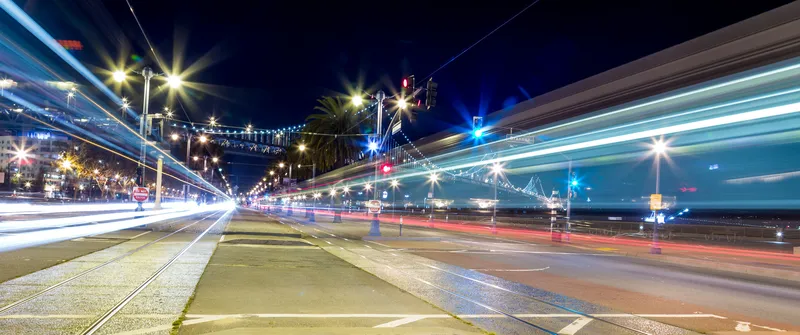
A smart parking solution which directs city drivers to the likeliest available spaces based on historical and real-time traffic flow data has won the overall prize at the
The On-Street Parking Information (OSPI) feature in BMW cars, coupled with an in-dash payments system from ParkNow, guides drivers to the area in which they should have the best chance of parking and then allows them to pay for it.
Peter van der Knaap, CEO of Dutch road safety institute SWOV and jury chairman, announced the winner during the official opening of the show. The award judges were impressed with the seamlessness of ParkNow’s payment technology, and with the level of system integration into the car’s dashboard – thus reducing the potential for driver distraction.
Ben Rutten of Eindhoven University of Technology said: “ParkNow and BMW’s OSPI will result in a hassle-free last mile, as well as reducing distances driven, resulting in cleaner cities and less congested roads.”
A colour-coded navigation map highlights the optimum routes for urban drivers to try, based on information such as parking meter payments and transactions from parking apps, as well as machine learning algorithms. When drivers leave the parking spot, their transaction is automatically closed.
Intertraffic 2018 Innovation category winners
- Infrastructure: CROSS Zlin OptiWIM
- Traffic Management: Eco-Counter Citix-3D
- Safety: Sernis Tecnologic Solutions SR-90
- Smart Mobility: BMW & ParkNow On-Street Parking Information (OSPI)
- Parking: ParkHere Self-powered Parking Sensor










